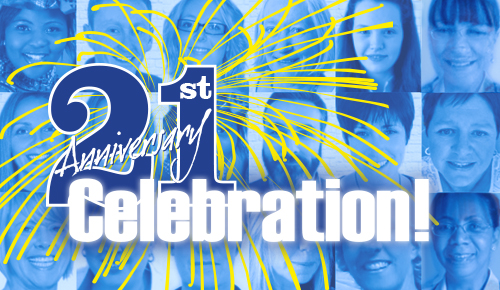Elizabeth Chisoko is a technical instructor at Queen Victoria Memorial Hospital.

What career aspirations did you have for when you left school? Did you know what you wanted to do?
I wanted to be an embalmer. I always wanted to look after dead people. A friend's Dad used to do it and I just loved the thought of the job. My family discouraged me because in Africa it's not a job that people are happy for you to do.
Instead I started as a carer, then a physiotherapy assistant and now my present role as a technical instructor. I am now responsible for a designated caseload of patients involving undertaking routine assessment of patients and carrying out rehabilitation programmes.
What have been your most enjoyable experiences in your career?
When I worked with a patient who was APHASIC who couldn't talk to her husband. She was having difficulty getting messages in and out. She knew what she was thinking and feeling, but could not get the words out. I worked with her to achieve her goal and she was able to talk to her husband and able to say names of things with the use of pictures.
I encouraged one of my patients to go to hospital to see his wife who had been recently admitted. He managed to spend three hours with her before she died. He was then very thankful that I had encouraged him to go because that was the last time he saw her.
How has the CSP helped you in your career?
The society paid in part for my NVQ3 when I really needed financial assistance, and has given me the confidence to stand up for my rights. I have represented CSP at the TUC and have had the opportunity to chair the CSP induction day for overseas qualified physiotherapists.
I have travelled to Wales, Manchester, Birmingham, Liverpool and London to attend Physiotherapy UK, and I am a co-convener of the CSP’s Black and Minority Ethic network. When I was having problems with writing notes at work I was told that I would be downgraded to band 3 if I didn't improve. CSP was there step by step until I was diagnosed with dyslexia.
If you could give one message to your peers from what you have learnt in your career, what would it be?
I have learnt a lot. Being a CSP member has given me a lot of confidence. We may not know where we are going but we all know where we have come from - it feels better to be a member of the CSP and be safe. Non-members should consider joining as you never know when or what kind of problem may come your way. Join the CSP and be recognized for making a difference in what you do best.
- Read more stories from the Associates 21st anniversary celebration




































